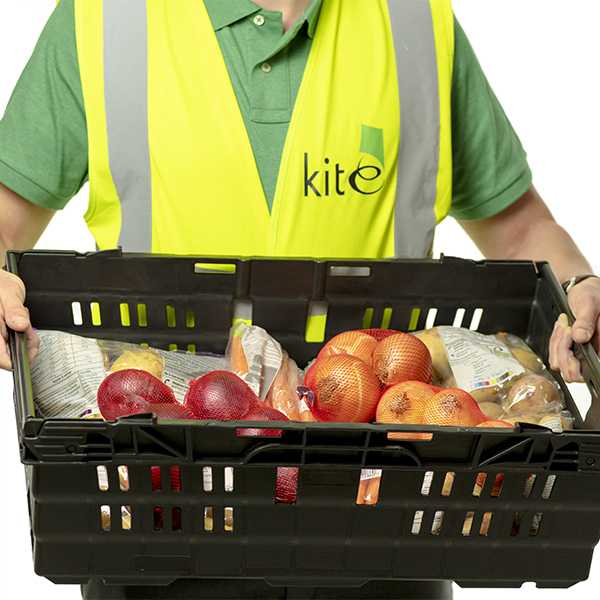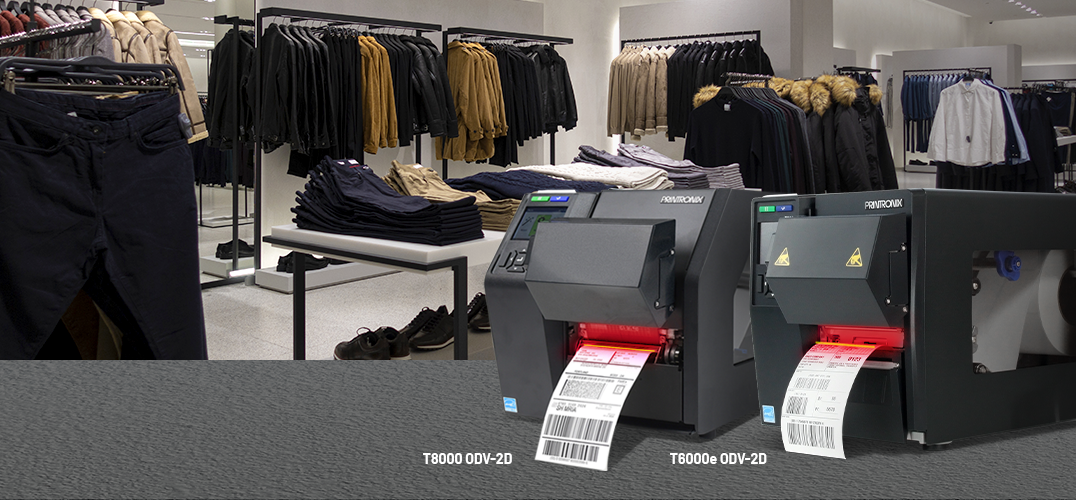Footwear, apparel, consumer electronics, and other consumer goods manufacturers and suppliers can incur tens of thousands of dollars in chargebacks per year solely from shipping carton barcodes that do not meet specifications. Strict barcode requirements set forth by the International Standards Organization (ISO) must be met, and accuracy is imperative.
Using TSC thermal industrial printers with integrated barcode inspection systems, manufacturers can scan and grade their barcode labels before they are placed onto shipping cartons, reducing chargebacks and enhancing efficiency. Keep reading to learn more about how our thermal printers deliver these results.
High-Volume DCs, Razor-Thin Margins
Major retailers receive hundreds of pallets every hour in each of their distribution centres from dozens of manufacturers. And these retailers run a business model on razor-thin margins. Processing time must be quick and efficient. If an incoming carton’s barcode label can’t be read quickly and easily, then processing time grows and productivity is hampered.
Retailers can require that all vendors produce barcodes that meet strict ISO barcode standards to ensure swift processing of incoming shipments. Manual processing of barcodes costs retailers a significant amount of time and money. Suppliers with barcode- labels that fail to meet required standards could be hit with chargeback fees and may even have their entire shipment rejected. Consistent failure to meet ISO barcode standards could result in renegotiation or cancellation of a supplier’s contract.
Scanning and grading labels before they are placed onto the shipping carton empowers vendors to quickly and easily test and ensure accurate barcodes. Testing barcodes before shipments leave the facility to retail distribution centres is the most reliable way for apparel manufacturers to avoid hefty chargebacks and other issues that could affect their bottom line.
Consistent barcode testing and quality can be achieved using the Printronix Auto ID T8000 and T6000e ODV-2D barcode inspection printers, which come equipped with scanning solutions inside the printer’s footprint. Because the scanner is integrated with the printer controller, there is no need for an external PC, software, or the creation of a “golden image” of the label to produce accurate, ISO-compliant labels. This means:
- Simplified verification without the need for external scanners
- Lower costs since no additional software investment is required
- Expedited quality using built-in printer scanners that automatically find and grade up to 50 barcodes per label
The integrated scanner grades to ISO standards and verifies that each barcode’s data sent to the printer matches the printed barcode. Reading barcodes from a wide variety of data streams, including PostScript and PDF, the integrated scanner finds, verifies, grades, and reports the details of every barcode on every label through the Printronix Auto ID free, standard device management software PrintNET Enterprise. These reports can be exported for integration or stored in the host system to help defend against chargebacks.
There is no need to define requirements in a software program, change the data stream, or set up and use external attachments. Printronix Auto ID industrial printers can get up and running quickly. These printers automatically overstrike bad labels, reducing costly manual processes while improving quality, reducing the risk of chargebacks for non-compliant labels.
Reduce chargebacks with the Printronix Auto ID T8000 and T6000e industrial printers. Featuring ODV-2D barcode inspection technology, TSC says these printers are loaded with benefits that enhance barcode compliance and quality, all at a competitive price.











